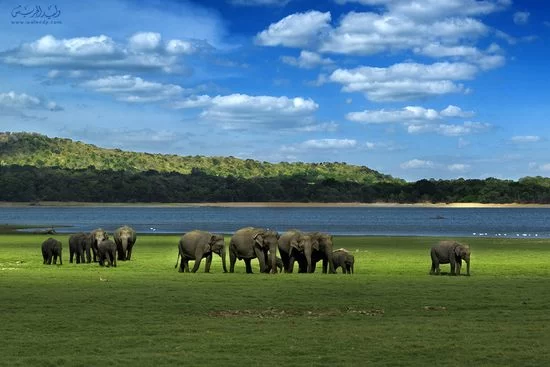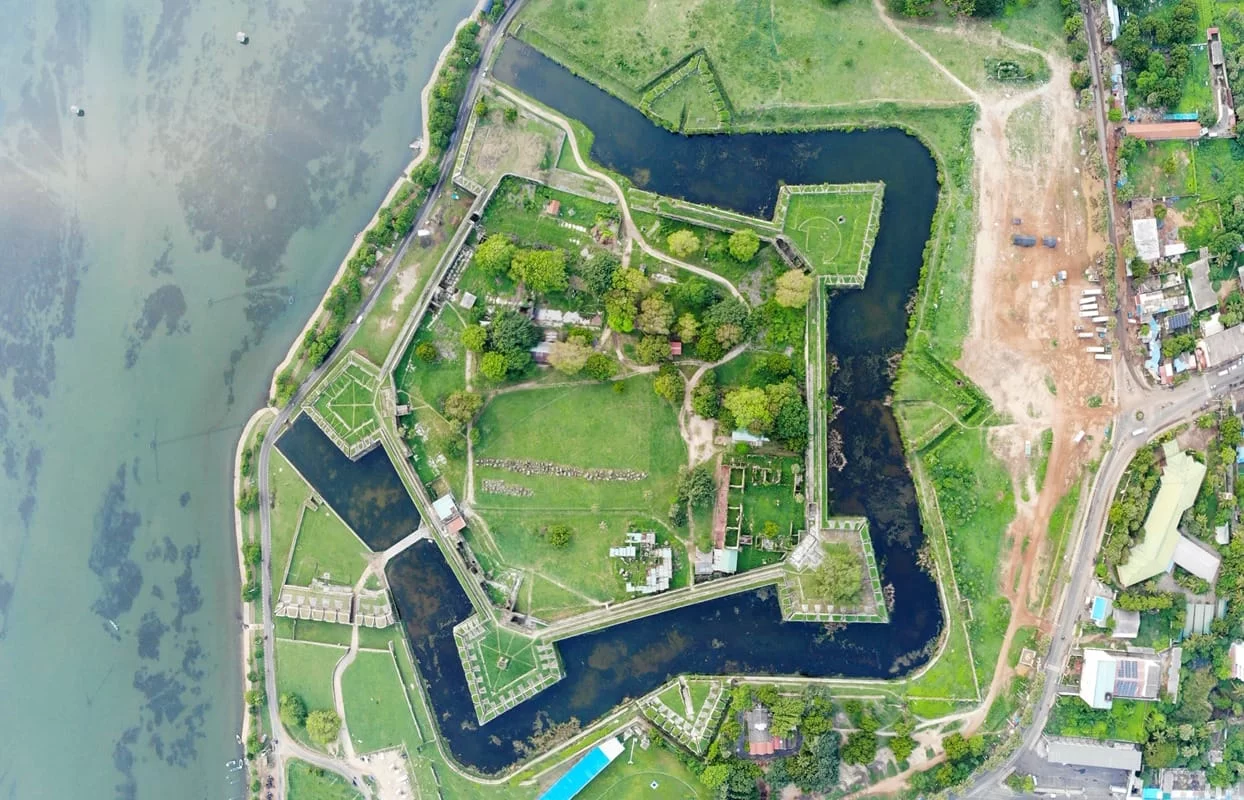How to Enjoy Sri Lanka's Wildlife Responsibly: A Guide to Ethical Wildlife Tourism
- 1. Responsible Tourism in Sri Lanka
- 2. Sri Lanka’s Wildlife Conservation Efforts
- 3. Top Wildlife Destinations in Sri Lanka
- 4. Eco-Friendly Activities and Responsible Wildlife Tours
- 5. Involving Local Communities in Wildlife Tourism
- 6. Sustainable Accommodation Options in Sri Lanka
- 7. Travel Tips for Responsible Wildlife Tourism
1. Responsible Tourism in Sri Lanka
Sri Lanka, with its rich biodiversity, offers travelers the opportunity to witness stunning wildlife. However, this experience comes with a responsibility. Responsible tourism is about minimizing harm to the environment and supporting the local communities. By choosing eco-friendly tours and avoiding unethical activities like elephant rides or illegal wildlife trade, travelers can play a significant role in preserving Sri Lanka's natural beauty for future generations.
2. Sri Lanka’s Wildlife Conservation Efforts
Sri Lanka is home to several conservation programs aimed at protecting its diverse wildlife. The country boasts national parks like Yala and Udawalawe, where efforts to protect endangered species such as elephants and leopards are actively underway. Visitors can contribute to these efforts by supporting sanctuaries and choosing operators who prioritize conservation in their tours. Sri Lanka’s Department of Wildlife Conservation also runs educational programs that teach travelers about the importance of protecting wildlife and ecosystems.
3. Top Wildlife Destinations in Sri Lanka
Sri Lanka offers an array of wildlife destinations that are perfect for responsible wildlife tourism. Yala National Park, famous for its leopard population, is a must-visit for animal lovers. Udawalawe National Park is another great location for seeing elephants in their natural habitat. For birdwatchers, Bundala National Park provides an excellent chance to spot migratory birds. Each of these parks offers guided tours that ensure travelers respect the boundaries of wildlife while learning about local ecosystems.
4. Eco-Friendly Activities and Responsible Wildlife Tours
Eco-friendly wildlife tours are one of the best ways to experience Sri Lanka’s fauna without disturbing their natural habitats. Wildlife safaris, led by knowledgeable and certified guides, can provide valuable insights into conservation practices and help avoid harm to the environment. Additionally, nature walks, whale watching, and eco-lodges allow for a deeper connection with nature, where visitors can observe animals in a non-intrusive way.
5. Involving Local Communities in Wildlife Tourism
Incorporating local communities into wildlife tourism not only supports the local economy but also contributes to the preservation of wildlife. Many tour operators work directly with local guides, who offer unique perspectives on the wildlife and culture. Engaging with these communities promotes sustainable livelihoods while ensuring that the tourism benefits are distributed fairly. By purchasing local crafts, staying in community-run accommodations, and dining in locally owned restaurants, travelers can have a positive impact on the region.
6. Sustainable Accommodation Options in Sri Lanka
Choosing eco-friendly accommodations is a key part of responsible travel. Many lodges, hotels, and resorts in Sri Lanka prioritize sustainability, offering eco-luxury experiences that focus on reducing waste, conserving energy, and using locally sourced materials. Opting for these accommodations ensures that your travel experience minimizes environmental damage and supports the broader movement toward sustainable tourism.
7. Travel Tips for Responsible Wildlife Tourism
To make the most of your wildlife adventure while being respectful of nature, here are some travel tips:
- Always choose ethical tour operators who follow best practices in wildlife conservation.
- Avoid disturbing wildlife by keeping a safe distance and not feeding animals.
- Support local businesses and conservation initiatives.
- Respect the rules and regulations of national parks and reserves.
- Be mindful of waste by carrying reusable water bottles and avoiding plastic.
If you’re ready to explore Sri Lanka’s wildlife while making a positive impact, it’s time to plan your eco-friendly adventure. Visit Tamil Travel Lanka to book your next sustainable wildlife tour and contribute to the conservation of this beautiful island’s natural treasures.







